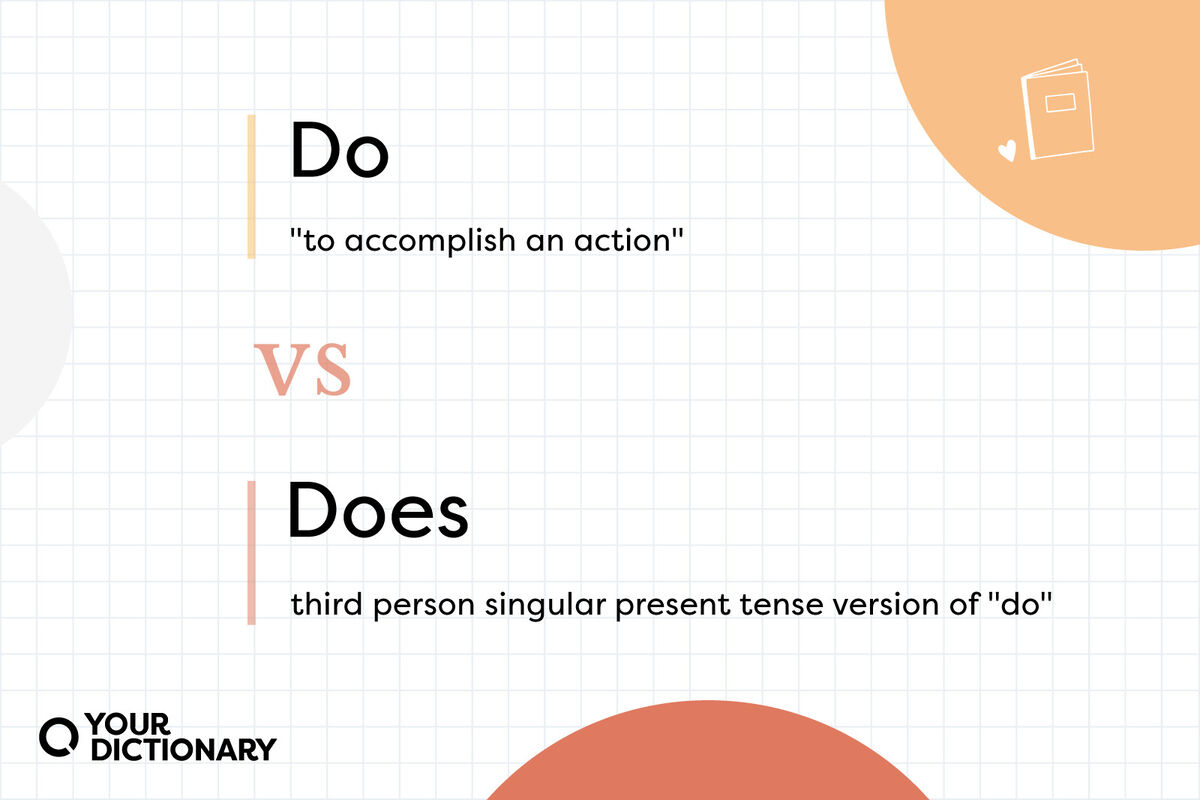Motorcycle Financing Requirements: License Status and Approval Process
Understand motorcycle financing and license requirements
When consider purchase a motorcycle, many riders face two important questions: how to finance the purchase and whether a motorcycle license is required to secure that financing. These questions are interconnect but have distinct answers that every potential motorcycle owner should understand.
Do you need a motorcycle license to finance a motorcycle?
The short answer is: technically, no. Most financial institutions and dealerships do not require you to have a motorcycle license specifically to approve financing for a motorcycle purchase. The financing decision is mainly base on your credit history, income, and ability to repay the loan — not your ability to lawfully operate the vehicle.
Nonetheless, this answer come with several important caveats that potential buyers should consider before proceed with financing.
The difference between financing and operating
Financial institutions make a clear distinction between:
- Finance a motorcycle (a financial transaction )
- Operate a motorcycle (a legal transportation issue )
When you apply for motorcycle financing, lenders are concern with your financial responsibility and ability to make payments. They typically review:

Source: motorcycleaccident.org
- Credit score and history
- Income verification
- Debt to income ratio
- Employment stability
- Down payment amount
Notice that motorcycle license status is not on this list. Lenders view the motorcycle as collateral for the loan, and their primary concern is protected their investment — not ensure you can lawfully ride it.
Why lenders don’t typically require a license
There be several reasons why financial institutions don’t make a motorcycle license a requirement for financing:
- You might be purchase the motorcycle for someone else (as a gift )
- You could be bought the motorcycle as a collector’s item
- You may intend to get your license after secure the motorcycle
- The motorcycle might be use solely on private property where licenses aren’t required
From a stringently financial perspective, the lender’s primary concern is that the loan will be will repay will accord to the will agree terms.
Practical considerations despite the technical answer
While you can finance a motorcycle without a license, several practical considerations make have one advantageous:
Insurance requirements
Most lenders require you to maintain comprehensive insurance coverage on a finance motorcycle. Insurance companies typically require a valid motorcycle license to issue a policy. Without proper insurance, you may be in violation of your loan agreement, which could lead to default.
Some insurance companies might offer limited coverage for unlicensed riders, but these policies:
- Are typically more expensive
- Offer less comprehensive coverage
- May not meet the minimum requirements set by your lender
Dealership policies
While not universal, some dealerships have internal policies require a valid motorcycle license before finalize a sale, specially for new riders. These policies exist for several reasons:
- Liability concerns
- Desire to promote responsible riding
- Compliance with certain state regulations
Yet if a dealership doesn’t purely require a license, they may be hesitant to arrange financing for someone who can’t lawfully ride the motorcycle they’re purchase.
Test rides and delivery
Practical issues arise when you don’t have a motorcycle license:
- You won’t be able to lawfully test ride the motorcycle before purchase
- You can’t lawfully ride the motorcycle home after purchase
- You will need to will arrange alternative transportation for the motorcycle
These logistics can complicate the purchasing process and add unexpected costs for delivery or transportation.
State specific variations in requirements
While the general principle that financing doesn’t require a license hold true across most of the United States, some states have implemented additional regulations that affect this process.
Registration requirements
In some states, the motorcycle registration process require proof of a valid motorcycle license or endorsement. Since registration is typically required presently after purchase, thiscreatese an indirect requirement for licensing.
States with stricter requirements may have:
- DMV verification of license status before issue registration
- Dealer reporting requirements for new motorcycle sales
- Temporary registration limitations for unlicensed buyers
Dealer regulations
Some states have regulations that impact how dealers handle sales to unlicensed riders. These may include:
- Required disclosures about licensing requirements
- Documentation confirm the buyer understand operate restrictions
- Limitations on dealer test rides for unlicensed customers
It’s important to research the specific requirements in your state before proceed with financing.
The licensing process for new riders
If you’re considered finance a motorcycle but don’t still have a license, understand the licensing process can help you make informed decisions about time your purchase.
Typical steps to obtain a motorcycle license
-
Motorcycle permit
most states require you to firstly obtain a motorcycle learner’s permit by pass aa Whiteknowledge test -
Training course
many states offer or require completion of a motorcycle safety foundation ((sMSF)asic rider course -
Skills test
demonstrate your ability to safely operate a motorcycle through a practical riding examination -
License or endorsement
upon successful completion of requirements, receive either a standalone motorcycle license or an endorsement on your exist driver’s license
The entire process typically takes several weeks to complete, depend on course availability and testing schedules.
Benefits of getting license before financing
Obtain your motorcycle license before seek financing offer several advantages:
- Smoother purchasing process with fewer complications
- Ability to test ride before commit to a specific motorcycle
- More insurance options at better rates
- Immediate ability to lawfully ride your new motorcycle
- Demonstrate commitment that may positively influence some lenders
Financing options for motorcycles
Understand the various financing options available can help you make the best decision for your situation, irrespective of your license status.
Dealership financing
Many motorcycle dealerships offer in house financing options or partnerships with specific lenders. These arrangements offer convenience but may have varying requirements regard licensing status.
Benefits of dealership financing include:
- One-stop shopping experience
- Potential manufacturer promotions or special rates
- Simplify application process
- Flexibility in work with various credit profiles
Bank and credit union loans
Traditional financial institutions offer motorcycle loans with terms similar to auto loans. These lenders focus most solely on financial qualifications quite than ride credentials.
Advantages of bank financing include:

Source: horsepowerfinancial.com
- Potentially lower interest rates for wellspring qualified borrowers
- Pre-approval options that strengthen your negotiating position
- Relationship benefits for exist customers
- Typically, no requirements regard motorcycle licensing
Online lenders
Specialized online lenders offer motorcycle financing with streamlined application processes. These lenders seldom inquire about license status during the application process.
Benefits of online lenders include:
- Convenient application process
- Fast approval decisions
- Competitive rates for various credit profiles
- No, in person verification of license status
Legal implications of riding without a license
While finance without a license is possible, ride without one carry significant legal and financial risks that should not be overlooked.
Traffic violations and penalties
Operate a motorcycle without a proper license or endorsement is illegal in all states and can result in:
- Substantial fines (typically $$100$1,000 depend on the state ))
- Points on your driving record
- Possible impoundment of the motorcycle
- Potential criminal charges for repeat offenses
Insurance implications
Beyond the legal penalties, ride without a license have serious insurance implications:
- Insurance companies may deny claims for accidents that occur while ride unlicensed
- You could be personally liable for all damages and injuries
- Your policy might be canceled if the insurance compandiscoverser you’rightide without a license
- Future insurance rates will probable will increase considerably
Loan default risks
If you can’t lawfully ride the motorcycle and experience insurance issues as a result, you face increase risk of loan default through:
- Inability to maintain require insurance coverage
- Financial strain from legal penalties and liability costs
- Potential motorcycle impoundment affect your ability to protect the asset
Make an informed decision
When consider motorcycle financing without a license, weigh these key factors:
Timing considerations
Evaluate whether it make more sense to:
- Get your license start, so pursue financing
- Secure financing while simultaneously work toward licensure
- Purchase and store the motorcycle while complete the licensing process
Your decision should account for seasonal factors, available deals, and your personal timeline for ride.
Financial preparedness
Beyond the motorcycle itself, budget for:
- License courses and fees
- Appropriate safety gear
- Insurance premiums
- Registration and taxes
- Transportation costs if you can’t instantly ride the motorcycle
Safety considerations
The licensing process isn’t merely a legal formality — it provides essential safety training. Consider that:
- Proper training importantly reduces accident risk
- Motorcycle safety courses teach crucial emergency maneuvers
- Understand motorcycle operation before purchase help you select an appropriate model for your skill level
Conclusion
While you technically don’t need a motorcycle license to finance a motorcycle, the practical aspects of motorcycle ownership make obtain a license ahead or presently after finance a prudent decision. The financing process focus on your financial qualifications kinda than your ride credentials, but the complete motorcycle ownership experience involve legal, insurance, and safety considerations that all point toward proper licensing.
If you’re passionate about motorcycle ownership but not however license, consider work with dealerships and lenders who understand your situation and can help you navigate the process responsibly. Many experienced riders recommend complete at least basic rider training before finalize a motorcycle purchase to ensure you select a motorcycle that match your skill level and ride intentions.
By understand both the technical financing requirements and the practical realities of motorcycle ownership, you can make informed decisions that set you up for a safe, legal, and enjoyable ride experience.



